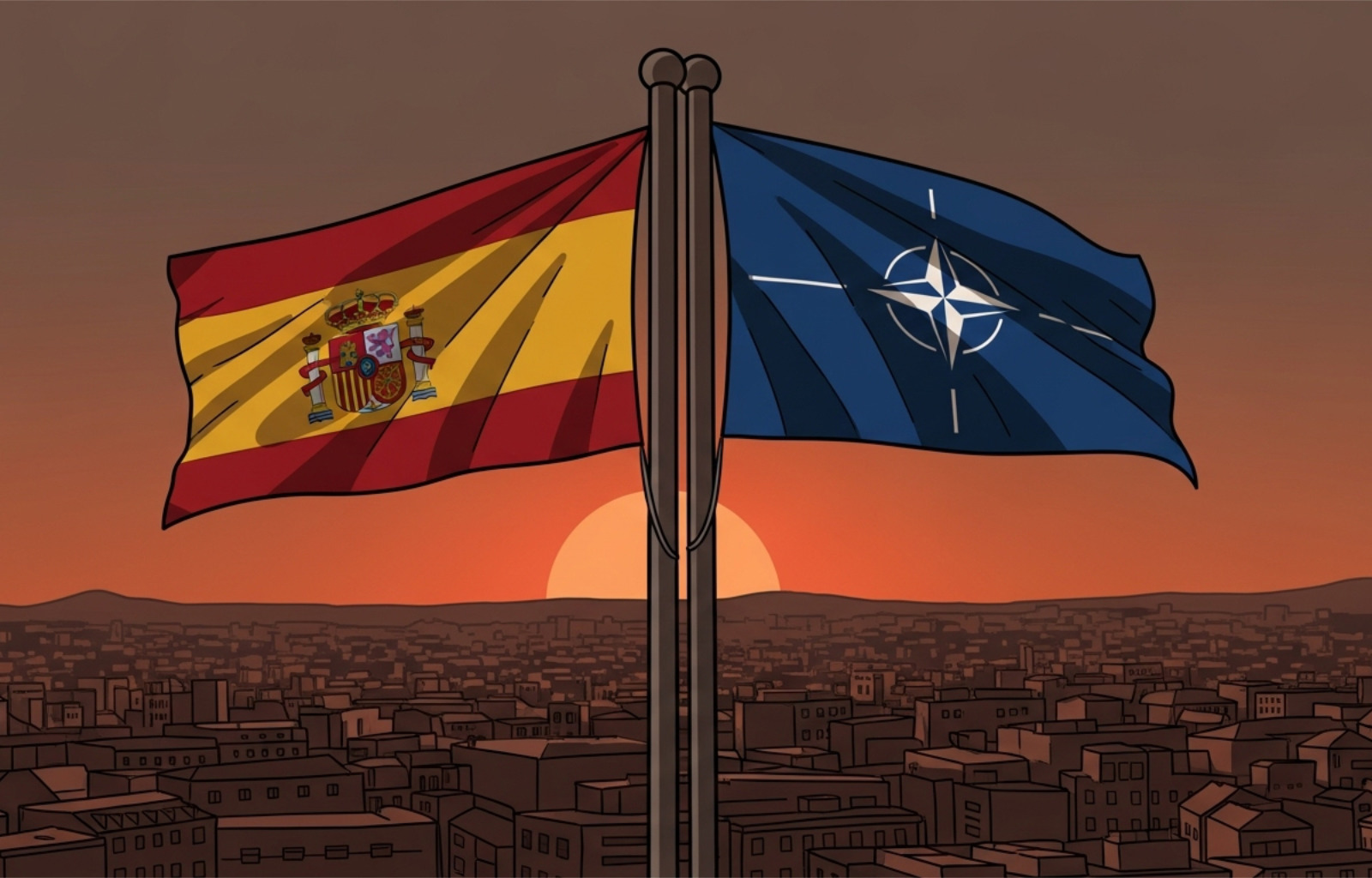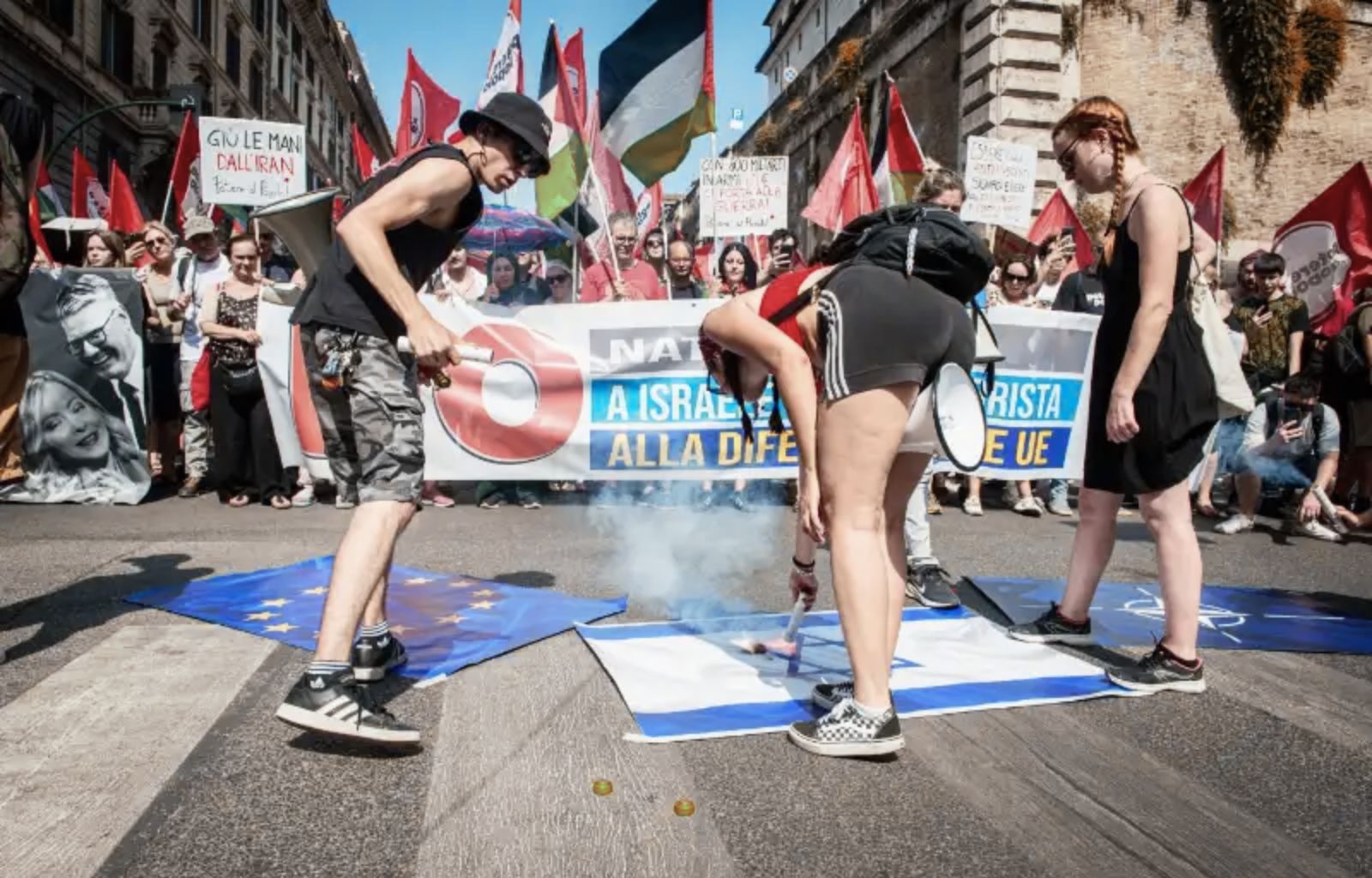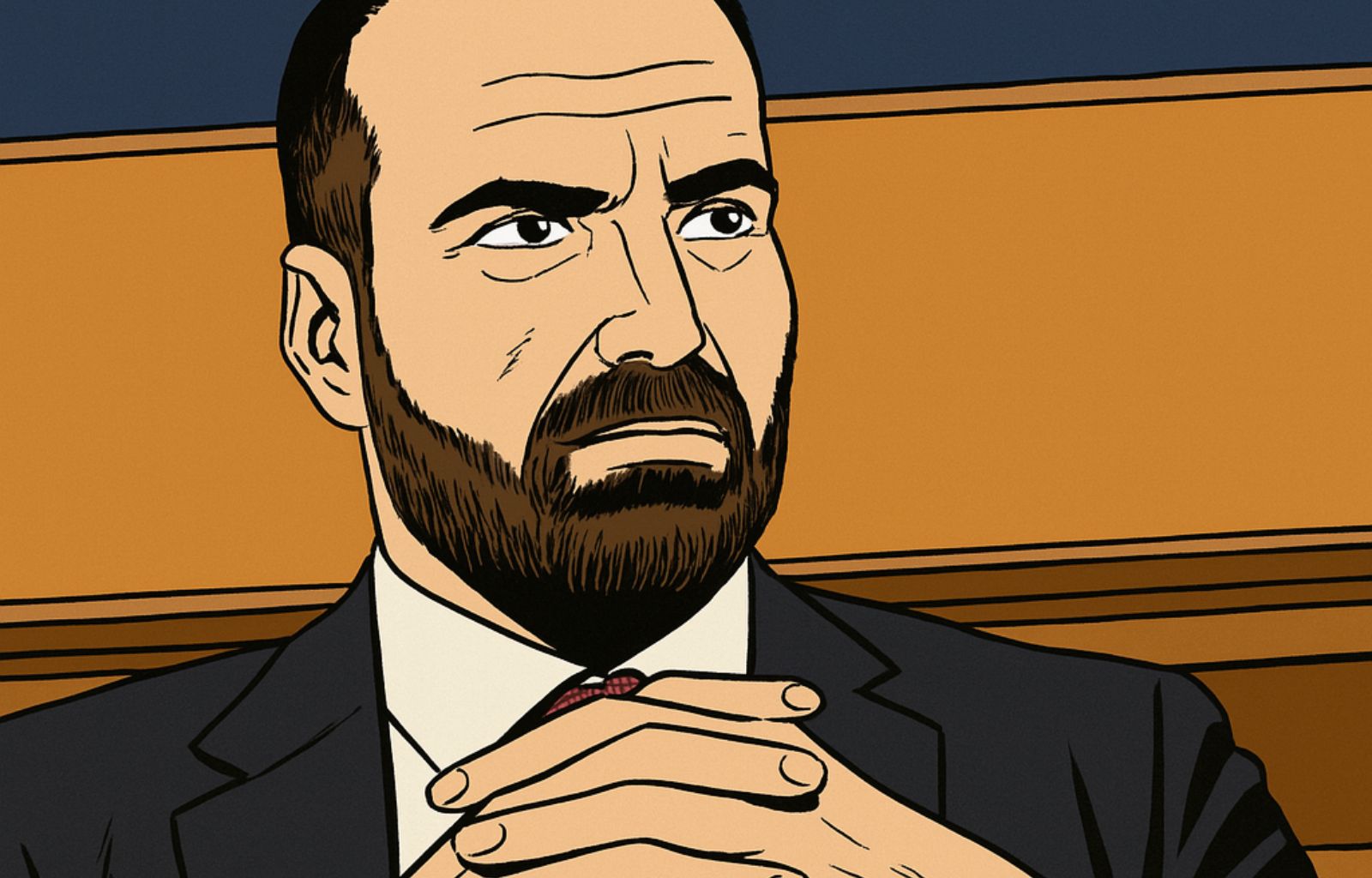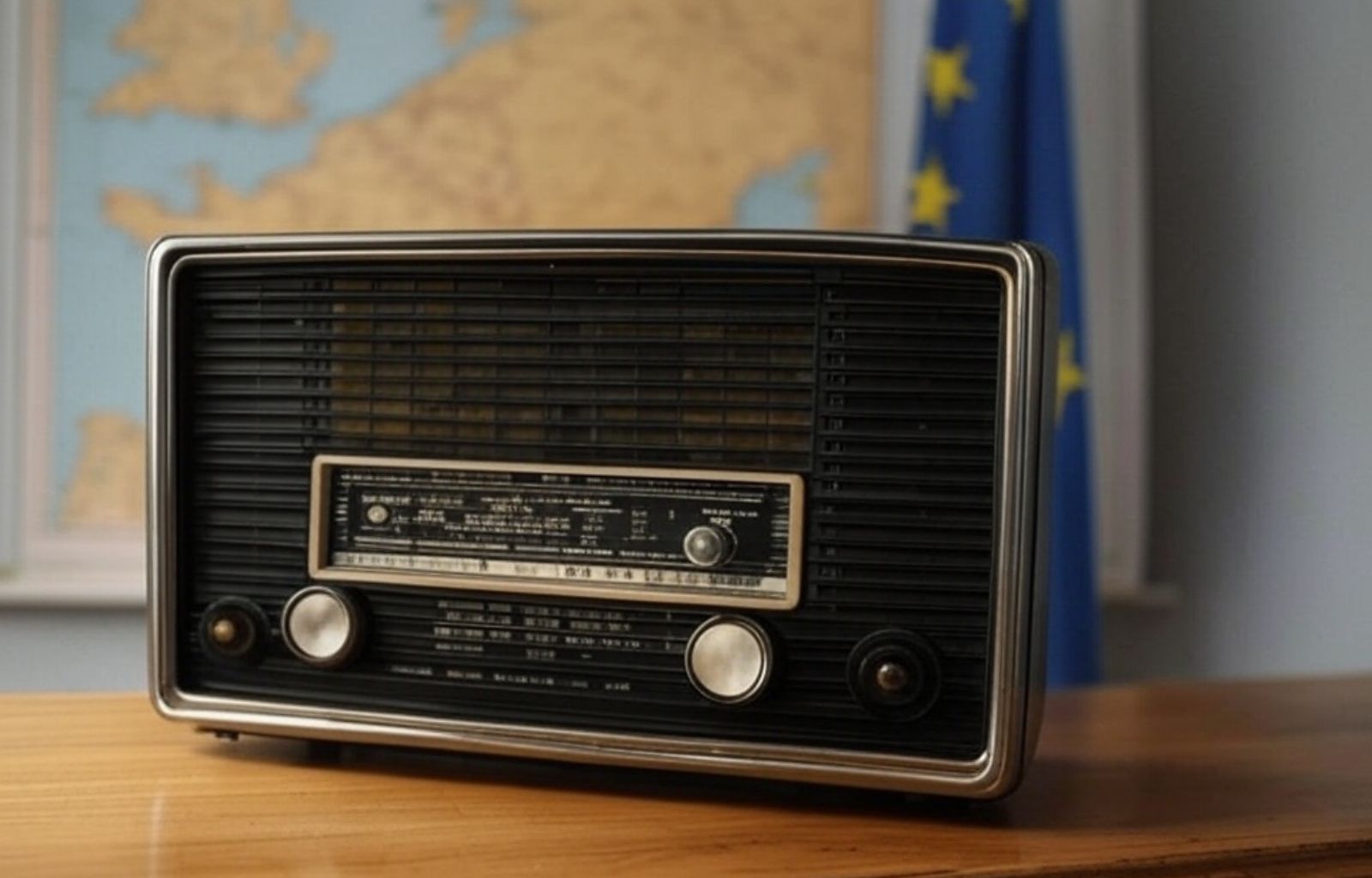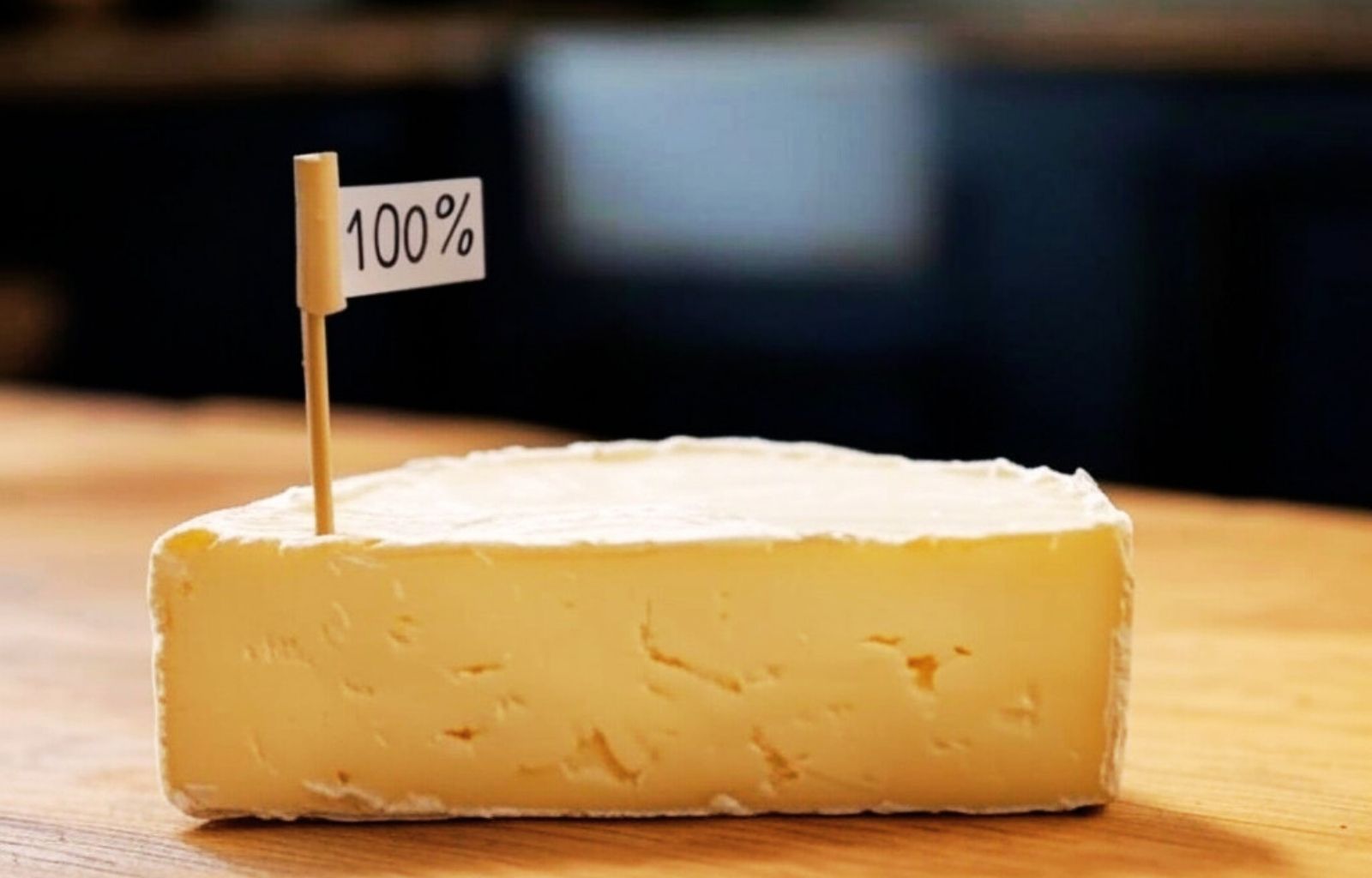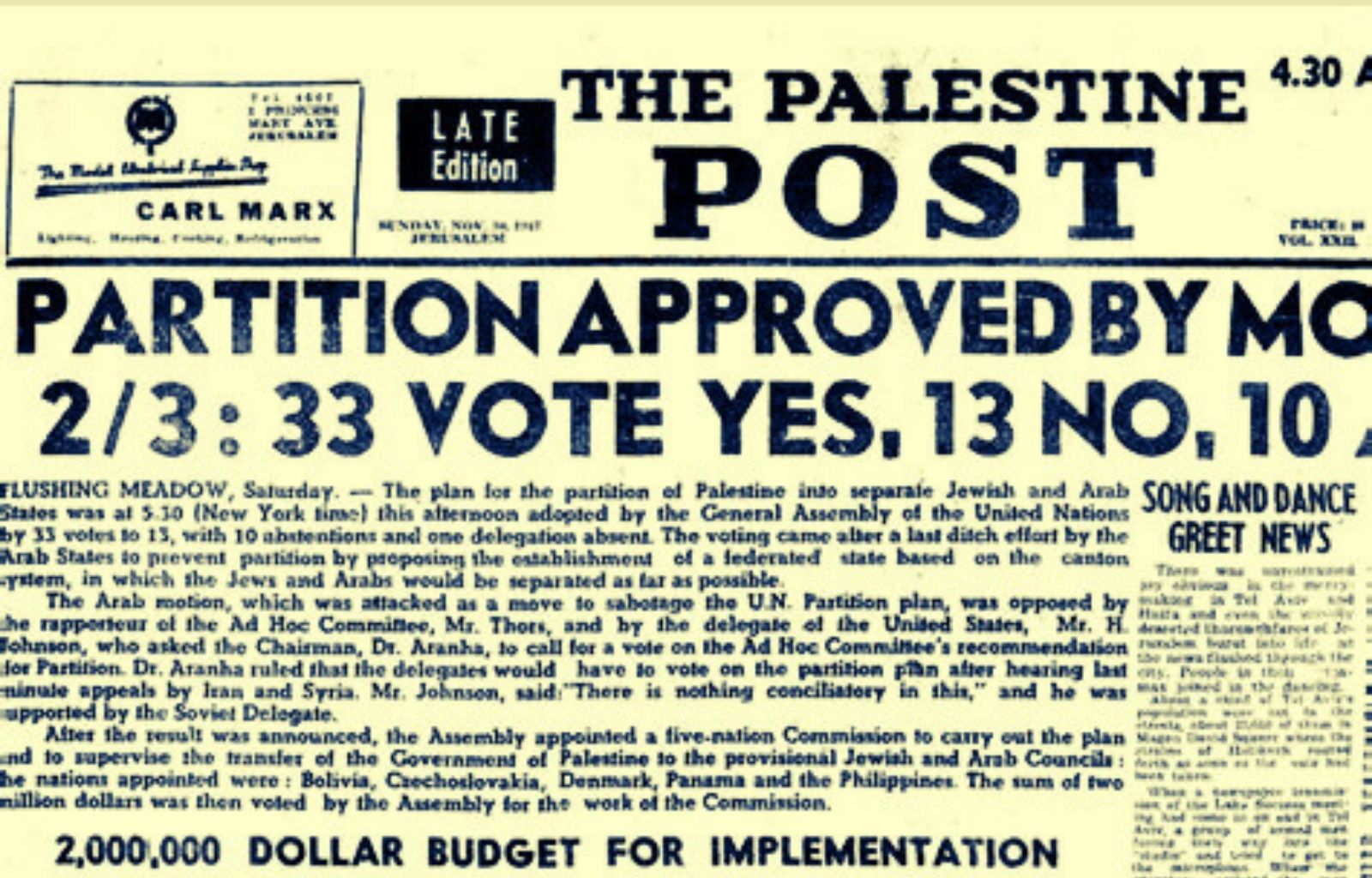Lebanon, Aoun elected president: hope or illusion?
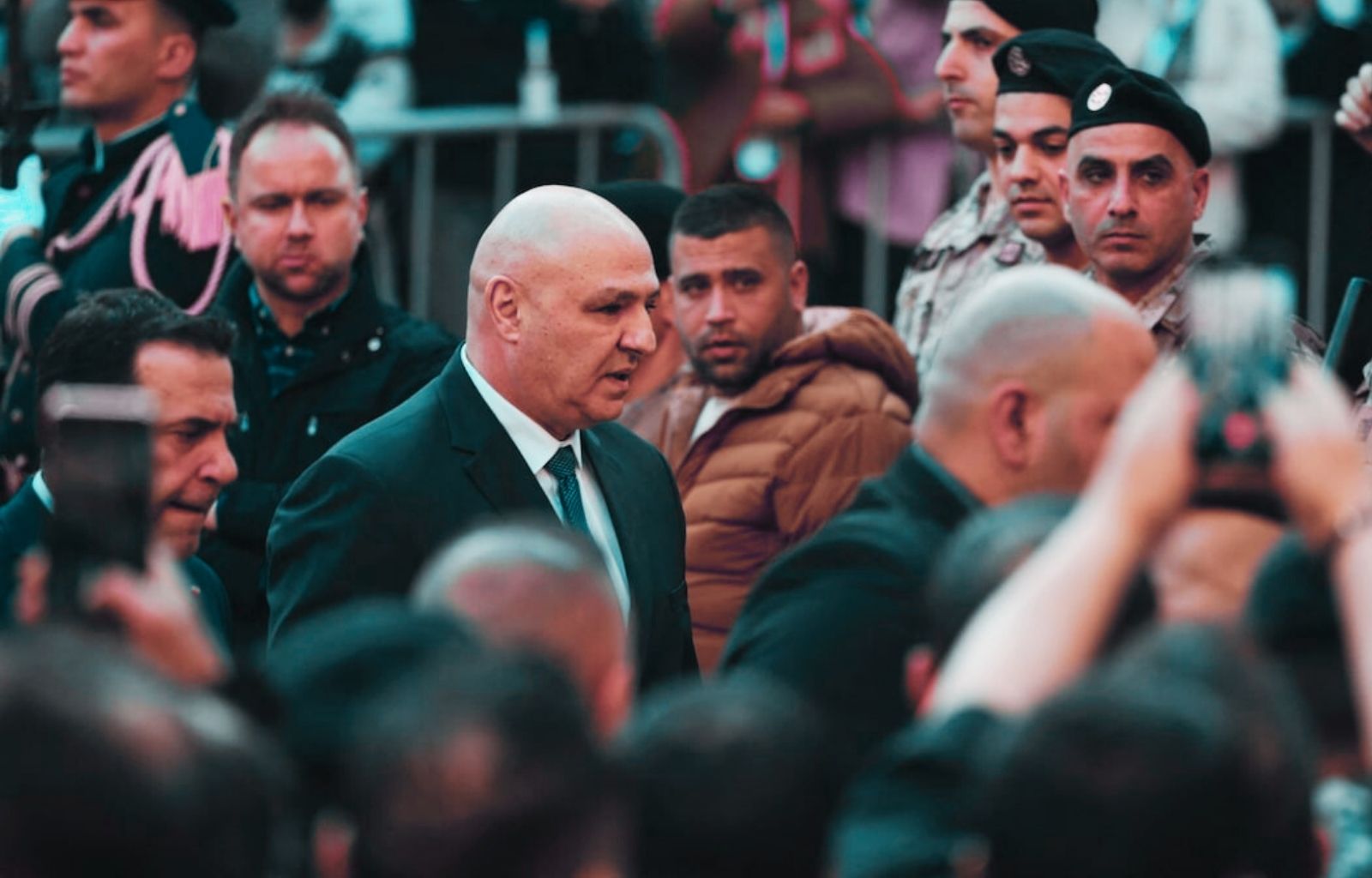
General Joseph Aoun, commander of the Lebanese Armed Forces since 2017, was elected president of Lebanon on Thursday during the second round of parliamentary voting. His election comes at a crucial time for the country, marked by a devastating economic crisis and a prolonged political stalemate. Considered the favourite candidate by the United States and Saudi Arabia, Aoun represents a figure of stability capable of tackling the complex challenges Lebanon faces. The post of president had been vacant since October 2022, when President Michel Aoun (mere homonymy with the newly elected) had left office due to the expiration of his term. After more than two years of stalemate, there was white smoke, also the result of a radically different political context to that of 2022.
A leader in times of crisis
Since 2017, Joseph Aoun has led the Lebanese army through a period of unprecedented economic crisis. The devaluation of the Lebanese lira, accompanied by rising inflation, has drastically reduced soldiers’ salaries, jeopardising the resilience of the military institution, one of the few still considered reliable in a country hit by financial collapse. Despite these difficulties, Aoun has maintained the unity of the armed forces, guaranteeing internal stability in a context marked by growing political and social tensions.
One of Aoun’s most significant successes was his role in supporting a 60-day ceasefire in southern Lebanon, negotiated by the US and France. This agreement, crucial for the security of the region, provided for the deployment of Lebanese armed forces in areas historically dominated by Hezbollah, demonstrating Aoun’s ability to balance national and international interests.
Political consensus and the withdrawal of Hezbollah
His election also marks a political turning point. After months of impasse, the Lebanese parliament managed to reach a consensus around the figure of the former military man, considered a neutral and pragmatic candidate. Initially, Hezbollah (whose consensus is still essential) supported the candidacy of Suleiman Frangieh, an exponent of traditional Lebanese politics, but then withdrew its support to converge on Aoun. Why? First of all because today the political movement whose armed wing is considered a terrorist organisation by the EU (for the US, the party itself is also a terrorist entity) is extremely weakened, after its substantial beheading by Israel.
The current head of Hezbollah’s parliamentary bloc, Mohammad Raad, declared: ‘We wanted to send a clear message… we are the protectors of Lebanon’s sovereignty‘. This change of position – more or less necessary – facilitated consensus among parliamentarians, ending a stalemate that had paralysed the country.
A Maronite president in a single system
As per constitutional convention, the president of Lebanon comes from the Christian Maronite community, while the premier is a Sunni Muslim and the speaker of parliament a Shiite. This distribution of offices reflects the delicate sectarian balance that characterises the Lebanese political system, which arose from the Taif Accords that ended the civil war (1975-1990).
Joseph Aoun, born into a Maronite family, is known for his inclusive approach and his commitment to maintaining national unity. The father of two children, he is seen as a moderate and respected figure both at home and abroad.

Challenges awaiting the new president
Although his election was greeted with some optimism, Aoun inherits a country deeply in crisis. Lebanon faces an unprecedented set of challenges.
Economic collapse, first of all. The currency has lost more than 90% of its value against the dollar since 2019, and a large part of the population lives below the poverty line. The political stalemate: years of corruption and mismanagement have fuelled distrust in institutions. Also, the energy and infrastructure crisis: the country suffers from chronic electricity shortages and crumbling infrastructure. Finally, regional tensions: Lebanon’s strategic location makes it vulnerable to pressure from international and regional actors, including the United States, Iran, Saudi Arabia and Israel.
The new president will be called upon to lead a difficult process of economic and political reforms, indispensable to unlock international aid and ensure a more stable future for the country.
A symbol of hope?
For many, Joseph Aoun represents a figure capable of overcoming sectarian divisions and putting Lebanon back on a path of stability. His military background and his leadership during critical moments make him a pragmatic and potentially effective choice. However, the success of his mandate will depend on his ability to deal with internal resistance and build alliances that favour change. So, hope or illusion? We shall see.

